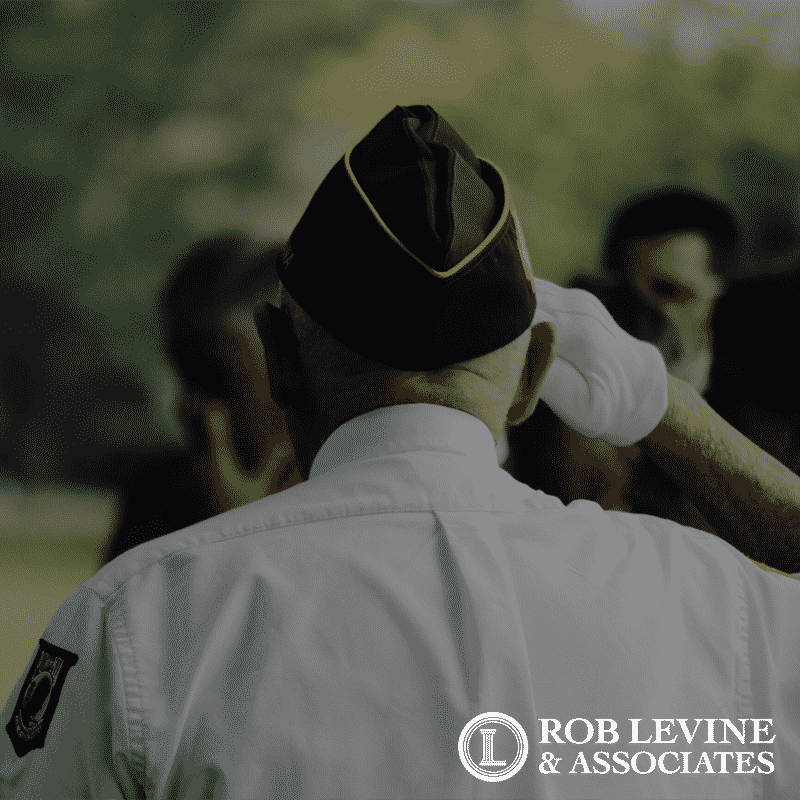Veterans: Health and Injury
U.S. Veteran
On November 11, 2021, we celebrate Veterans Day, recognizing the selfless service provided by millions of veterans alive and those who are not here with us today. As a country, we take the day to consider and extend thanks to the men and women who sacrificed their lives for the U.S. This is a great commemoration to those who have served however unfortunately, not all veterans can rejoice in their achievements. Many veterans that were deployed overseas return home and carry out their life left injured or disabled. The most significant issue that U.S. veterans face today is adjusting to life after they return. Whether that is catching up on time missed or adjusting to living with a life-altering injury, veterans are often left to their vices once their military contract is over.
Common Injuries
According to the National Library of Medicine, the following are the most common injuries that veterans withstand after deployment:
- Gun Shot Wounds
- Lost Limbs
- Head & Brain Injuries
- Hearing Loss
- Sprains and Strains
- Limited Range of Motion in Ankles and Knees.
A bigger and less obvious health concern is attributed to mental health. Stress is something most active military officials have experience with due to the high stakes of their deployment and all that comes with it. These include Anxiety, Post-Traumatic Stress Disorder (PTSD), Depression, and Substance Abuse. Mental health is easily looked over because it’s complicated to identify, and many veterans don’t realize why they are suffering. These specific mental health concerns can affect a veteran’s ability to take care of themselves or others, often leading to other mental health issues.
Department of Veteran Affairs
The U.S. Department of Veteran Affairs offers veterans insurance to help alleviate medical expenses that are a direct effect of injuries which occurred during active duty. Although the VA usually offers care that is as good or better than other private health insurance plans, studies show that a large amount of the veteran population doesn’t get the treatment they need. Treatments following diagnoses of PTSD, substance abuse disorder, and depression. If they can get treatment, many veterans don’t know how to apply for VA benefits or are unsure they are eligible.
How to Help?
Military veterans need an extensive array of health care services to maintain their well-being post-deployment. Prevention, treatment, rehabilitation, and education are just a few of the deserving of benefits injured veterans should have after returning from deployment. These systems will help veterans deal with the wide range of medical issues they endure. If veterans are not getting support from the VA they can look elsewhere for legal help.
If you have exhausted your options when looking for support, the next step is to reach out to a personal injury or veterans disability attorney. They will work to get justice for veterans who have not been given the resources they need to continue living off the battlefield. Rob Levine & Associates specializes in Veterans Disability and Personal Injury. Their dedicated team is ready to handle your disability appeals case. If you or someone you love is an injured or disabled veteran, contact the team at Rob Levine & Associates today for a free consultation. We can help get you the justice you deserve.









